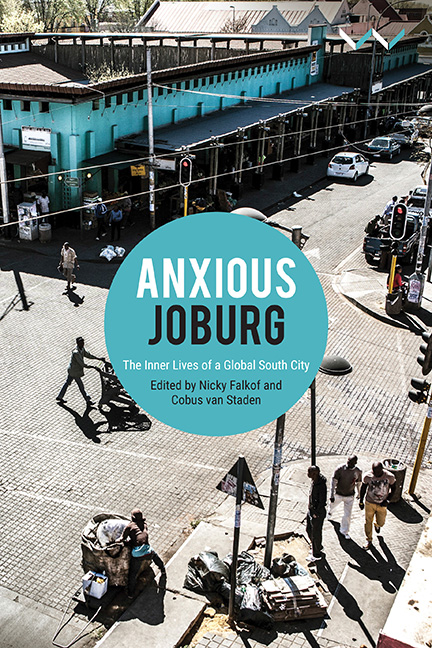Book contents
Foreword
Published online by Cambridge University Press: 16 June 2021
Summary
For black people Johannesburg has always been a place of toil and misery. Especially in the early years, as its mine dumps and tall buildings were just beginning to rise above the veld, Johannesburg gave its black denizens no choices. By the turn of the century Africans were pushed into the city from as far afield as Malawi and Mozambique. Soon they were trapped there, victims of taxes and labour systems designed precisely for that purpose; victims too of the vast distances between where they had come from and where they now found themselves.
Africans in Johannesburg were quickly squeezed into new urban selves, hemmed in by the city's enormity even as they suffocated in the tight and narrow spaces of its dormitories and shacks. They had mainly grown up in kraals and on farms, and suddenly they were here in a place of summer lightning and winter frost. Country boys remade as miners were forced to spend their days underground with their backs bent, digging up this precious metal that made white men rich. As they walked the city on their days off, they quickly learned to bow their heads and duck their chins, to avert their eyes to stay safe when they crossed paths with men who had recently decided to call themselves ‘white’. Johannesburg was a place where black people learned to make themselves smaller than they had ever had to be.
In the United States of America, the Great Migration that unfolded after the Civil War spelled a new chapter of freedom for black people in that country. In the wake of the failed Reconstruction era, as freed slaves realised that their white compatriots would not easily share power with them, former cotton pickers and tobacco sharecroppers began to move off the land in great numbers. Cities like Atlanta, Chicago and New York represented liberty for black people. They were places where the dignity of former slaves and their descendants might be restored as they escaped the blood and memories that had thus far defined their experience of the New World. While there are many commonalities shared by the US and South Africa – two societies that exemplify stubborn and long-running experiments with white supremacy – the story of the city as a site of freedom is not one of them.
- Type
- Chapter
- Information
- Anxious JoburgThe Inner Lives of a Global South City, pp. xvii - xxPublisher: Wits University PressPrint publication year: 2020



